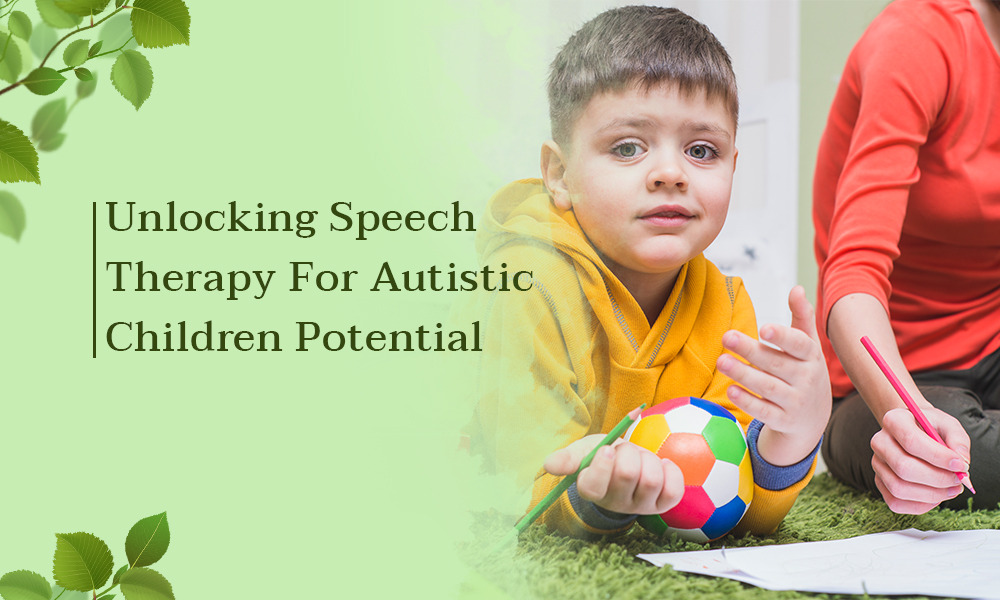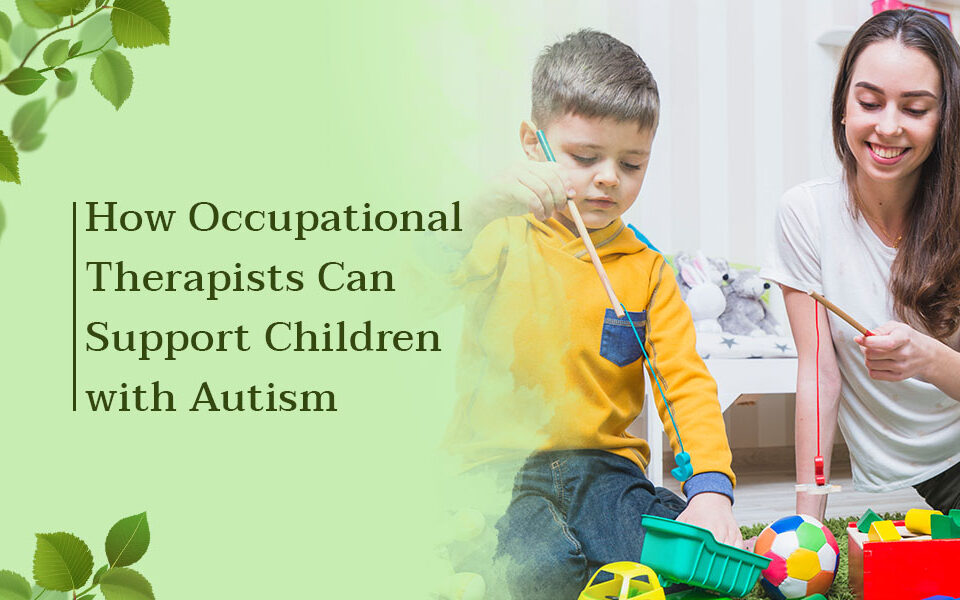- Jofa Tower 5th floor, SB-23, Block 13 C, Main University Rd, Gulshan-e-Iqbal, Karachi.
- +92 322 3746726
- tis@transformation.com.pk
UNLOCKING SPEECH THERAPY FOR AUTISTIC CHILDREN POTENTIAL

Free Summer Camp for All Children: Teaching Empathy, Kindness, and Inclusivity
June 13, 2024
Discover the Best Child Psychologist’s Strategies for Success
July 24, 2024Speech therapy for autism focuses on enhancing communication skills, such as improving speech clarity, understating nonverbal cues, and developing social interaction abilities. Communication is a fundamental aspect of human interaction, shaping how we express ourselves, understand others, and navigate the world. For children diagnosed with autism spectrum disorder (ASD), speech and language development can present unique challenges. However, with the right support and interventions, such as speech therapy, these challenges can be effectively addressed, enabling autistic children to unlock their potential and thrive.
Reference : www.healthline.com
Understanding Autism Spectrum Disorder (ASD)
Autism Spectrum Disorder is a neurodevelopmental disorder marked by deficits in reciprocal social communication and the presence of restricted and repetitive patterns of behavior.
The Role of Speech Therapy
Speech therapy is a structured intervention designed to address the unique communication needs of autistic children. It encompasses a range of techniques and approaches tailored to the individual child’s abilities and challenges. Here’s how speech therapy can benefit autistic children:
- Early Intervention: Early identification and intervention are crucial in maximizing the effectiveness of speech therapy. Starting therapy as soon as communication delays or challenges are identified can significantly improve outcomes.
- Individualized Treatment Plans: Speech therapists create personalized treatment plans based on the child’s specific communication goals, strengths, and areas needing improvement. These plans may include:
- Improving Verbal Communication: Teach children to produce sounds, words, and sentences.
- Enhancing Non-verbal Communication: Use alternative communication methods such as gestures, sign language, or augmentative and alternative communication (AAC) devices.
- Developing Social Communication Skills: Help children understanding and use social cues, engage in conversations, and interact with peers and adults.
- Utilization of Evidence-Based Practices: Speech therapists employ evidence-based practices grounded in research to ensure effective interventions. Techniques such as Applied Behavior Analysis (ABA), Picture Exchange Communication System (PECS), and Social Stories are commonly used to promote communication skills.
Research and Evidence
Research studies consistently highlight the benefits of speech therapy for autistic children:
- A study published in the Journal of Autism and Developmental Disorders (2019) demonstrated significant improvements in expressive and receptive language skills among children receiving speech therapy interventions.
- According to the American Speech-Language-Hearing Association (ASHA), early and intensive speech therapy can lead to improved communication outcomes, social skills, and academic performance.
Challenges and Considerations
While speech therapy offers promising benefits, it also presents challenges:
- Patience and Persistence: Progress may be gradual, requiring ongoing support and patience from therapists, parents, and caregivers.
- Individual Variability: Each child with autism is unique, require customized approaches and flexibility in treatment plans.
- Collaboration: Effective therapy often involves collaboration among speech therapists, educators, parents, and other professionals to create a holistic support system for the child.
The Impact Beyond Speech
Speech therapy extends beyond language skills, influencing various aspects of a child’s development:
- Enhance Social Interaction: Improve communication skills, facilitate better interactions with peers and adults, and foster social inclusion and friendships.
- Academic Success: Effective communication supports academic achievements, as children are better able to participate in classroom activities, follow instructions, and express their knowledge.
Conclusion:
Speech therapy plays a pivotal role in enhancing the lives of autistic children by addressing their unique communication challenges. As research continues to advance our understanding of autism and therapeutic interventions, speech therapy remains a cornerstone in supporting the development and well-being of autistic individuals. Transformation Wellness Clinic offers Speech Therapy through evidence-based practices and personalized interventions. They empower children to communicate effectively, build healthy relationships, and navigate the world with confidence. By investing in early and targeted speech therapy interventions, we not only unlock the potential of autistic children but also foster a more inclusive and supportive environment where every child can thrive.




